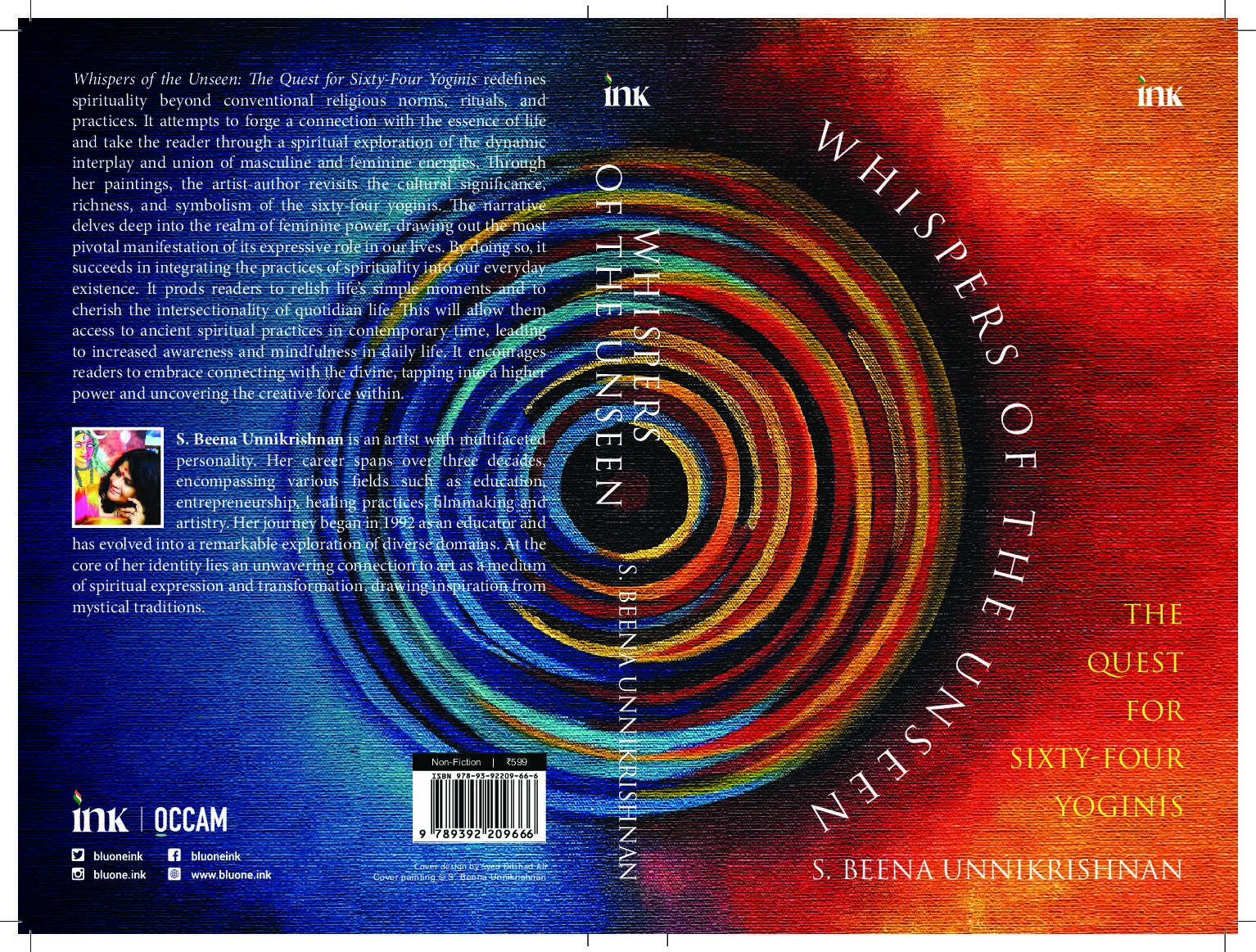Activist offloaded: How not to fight green terror
Ravi Shanker Kapoor | January 14, 2015 4:00 pm
By disallowing Greenpeace official Priya Pillai from boarding her flight to London at the Indira Gandhi International Airport in New Delhi, the authorities have actually helped her and her organization no end. She was going to London to address British parliamentarians on January 14 on the rights of forest communities in India which, according to Greenpeace, are “being infringed for coal mining.” If the objective of the ham-handed action was to stop her malign the image of India in the world, it has not just failed miserably but has also assisted her do that in a much more vigorous, and apparently creditable, manner. In a statement issued by Greenpeace, Pillai said, “I am shocked and saddened the government has yet again run roughshod over people working to protect democratic rights in the country.”
Quite apart from the Pillai’s offloading proved to be self-defeating exercise, there is the issue of infringement of her rights to movement and expression. UK MP Virendra Sharma, a member of the committee before which Pillai was to make a presentation, castigated the officials who had stopped her boarding the plane. “The alleged detention of Priya Pillai is a worrying development. Priya had been invited to address our ‘All Party Parliamentary Group’… Democracy requires freedom of campaign, and freedom to question the government,” Sharma said in an email response to The Indian Express.
Equally depressing is the fact that the officials responsible for the gaucheness have added the halo of martyrdom to the activists who lost much of influence to pursue their anti-development agenda in the wake of the defeat of the Congress-led UPA regime. It is a well-acknowledged fact that UPA chief had a soft corner for non-governmental organizations (NGOs) and sundry activists. The Narendra Modi government, however, does not seem inclined to play ball with the rainbow coalition of socialists, Luddites, and racketeers. Which is a good thing for the economy and society.
However, harassment and repression would be the crudest weapons to confront the activists; instead, they need to be exposed intellectually and morally. There should be highlight the poverty of their ideology and the negative impact of their activities the country and its poor citizens have to suffer. It would be much more appropriate and efficacious to uncover their lies. Any action that can be construed or misconstrued as illiberal and anti-democratic should be avoided.
The danda approach would divert the attention away from the real problem: that NGOs and activists are doctrinaire in their approach; their opposition is not to this or that project of some industrialist but private enterprise per se; their activities are against the interests of the not just capitalists but also workers, peasants, and tribals, notwithstanding their claims to being champions of the poor.
This is what happened a few months ago when the government tried to make public aware of the foreign funding to activists. Focus shifted to whether funding to NGOs by foreigners is good or bad, who were actual financiers, are there any pyramidal structures of financing involved as is the case in corporate finance, and so on.
This gave an excuse to NGOs to caution us against the ills of xenophobia, jingoism, etc. They got an opportunity to pose themselves as the wronged heroes devoted to the cause of egalitarianism. They retaliated on these lines. “We have in our campaigns made enough stakeholders extremely uncomfortable. The nexus between industry and government is a well-known plot. For me, there is certainly a hint of some influence. It is common sense to believe that some people are really upset,” said Samit Aich, Executive Director, Greenpeace India.
Notice the line of argument: emphasis was not on the content of allegations against them but on the character of the accuser—in this case, the government. Also notice the Marxist undertones: government is the handmaiden of capitalists in a ‘bourgeois democracy’—something that is normally known as liberal democracy.
The Modi government should take on NGOs, but its weapon should be reason and not repression.































